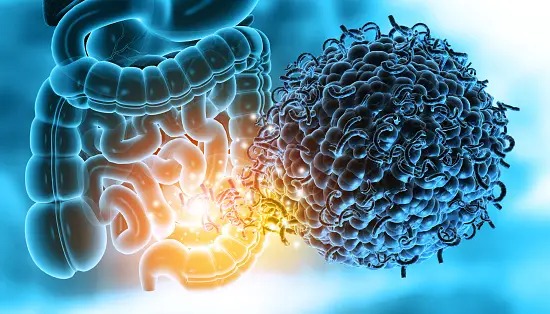The diet is primarily plant-based but not strictly vegetarian. It focuses on whole-plant foods, including vegetables and legumes, while allowing for one small daily serving of animal protein, such as salmon, chicken, or pork. Dairy, beef, and wheat are excluded from the plan…reports Asian Lite News
A groundbreaking dietary approach inspired by traditional eating habits has emerged as a promising way to reduce the risk of chronic diseases while aiding weight loss. Known as the “NiMe” (Non-industrialised Microbiome Restore) diet, this novel plan emphasizes non-industrialised food choices and was developed through an international study led by Irish researchers.
Modern industrialised diets, characterized by high levels of processed foods and low fibre intake, have been linked to rising rates of obesity, diabetes, and heart disease. The NiMe diet seeks to counter these health issues by mimicking the eating patterns of non-industrialised societies.
The diet is primarily plant-based but not strictly vegetarian. It focuses on whole-plant foods, including vegetables and legumes, while allowing for one small daily serving of animal protein, such as salmon, chicken, or pork. Dairy, beef, and wheat are excluded from the plan.
In addition to its whole-food emphasis, the NiMe diet is low in processed foods that are high in sugar and saturated fats. It boasts a fibre content of 22 grams per 1,000 calories, surpassing current dietary recommendations.
The study, published in the journal Cell, revealed significant metabolic and immunological improvements among participants who followed the NiMe diet during a strictly controlled three-week trial. Key findings included:
- Weight Loss: Participants experienced weight reduction without consuming fewer calories.
- Cholesterol Reduction: A 17% decrease in bad cholesterol levels.
- Lower Blood Sugar: A 6% reduction in blood sugar levels.
- Reduced Inflammation: A 14% decrease in C-reactive protein, a marker linked to inflammation and heart disease.
The health benefits were associated with beneficial changes in the participants’ gut microbiome. The NiMe diet enhanced the persistence of Lactobacillus reuteri, a beneficial bacterium commonly found in the gut of people who maintain traditional dietary habits.
Professor Jens Walter, a scientist at University College Cork in Ireland and a lead researcher in the study, emphasized the impact of industrialisation on the gut microbiome.
“Industrialisation has drastically impacted our gut microbiome, likely increasing the risk of chronic diseases,” Walter said.
The NiMe diet not only promoted the growth of beneficial gut bacteria but also repaired microbiome features damaged by industrialisation. Participants experienced a reduction in pro-inflammatory bacteria and bacterial genes that degrade the gut’s mucus layer.
The findings suggest that targeting the gut microbiome through specific dietary interventions could be a powerful tool for improving health and reducing disease risk. The NiMe diet stands as a promising approach for those seeking sustainable and science-backed ways to enhance their well-being.













